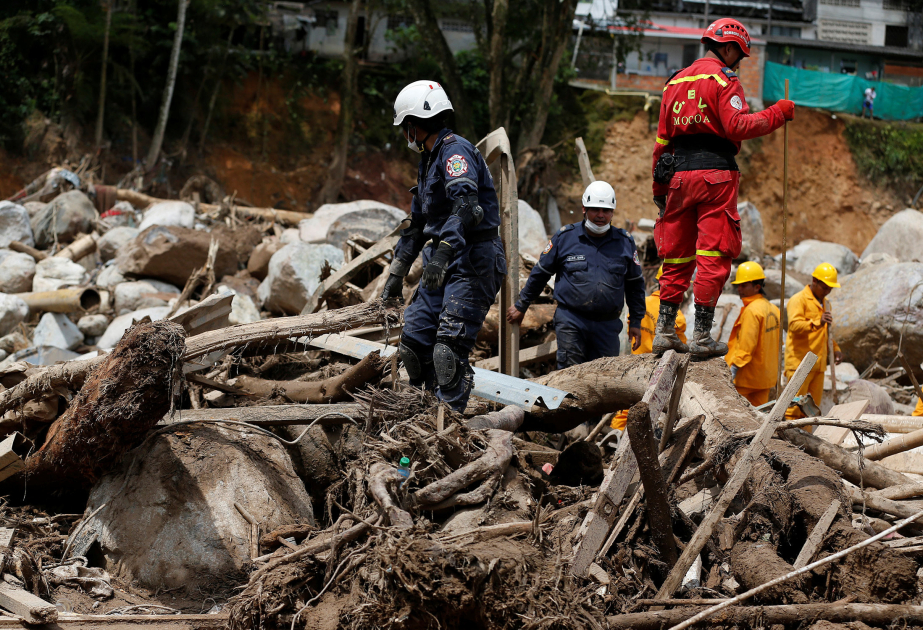Colombia has been impacted by heavy rainfall and flooding for several days, affecting tens of thousands of people, particularly in the department of Choco, according to ColombiaOne. The Pacific and Caribbean regions are on red alert, as the government considers declaring a national disaster.
So far, no fatalities have been reported, but the material damages are already counted in millions of dollars.
In recent days, rains have affected 186 municipalities across 27 departments in Colombia, provoking floods that have impacted over 46,000 families. The departments with the most emergencies are La Guajira, Huila, Choco, Norte de Santander and Cauca.
As a result, President Petro has suspended his trip to Baku, Azerbaijan, where he was supposed to attend COP29. “An emergency will be declared, and with the scarce resources we have, we will handle the initial aid and relocation of climate victims,” Petro stated on social media.
In Norte de Santander, about 800 families have been affected by recent rains, and more rainfall is expected in Choco, San Andrés, Providencia and Santa Catalina in the coming days. Major cities like Bogota and Medellin have also been impacted by heavy hailstorms in recent days, causing damage in vulnerable areas.
According to Carlos Carrillo, director of the National Unit for Disaster Risk Management (UNGRD), authorities are considering declaring a national disaster in Colombia.
The department of Choco, on the Pacific coast, is one of the most affected by the floods. Over 100,000 people have been impacted, amounting to 20% of the population, with homes, crops, schools, livestock and plants destroyed or swept away by the waters.
Nubia Carolina Cordoa-Curi, governor of the department of Choco, stated on social media that the recent floods represent the worst climate crisis the region has had to face.
“This is the most severe emergency we have had to face as a department. It has affected all our river basins and our coastline, leaving thousands of families with nothing, destroying the crops that ensure food security, and necessarily calls for the urgent implementation of coordinated response measures,” she said.
The intense rains and floods have affected around 70% of the department, one of the poorest and least developed in Colombia. Due to weak infrastructure, heavy rainfall often causes disproportionately high damage.
Carrillo affirmed that the first 10,000 humanitarian aid packages will begin to arrive on Tuesday.




















